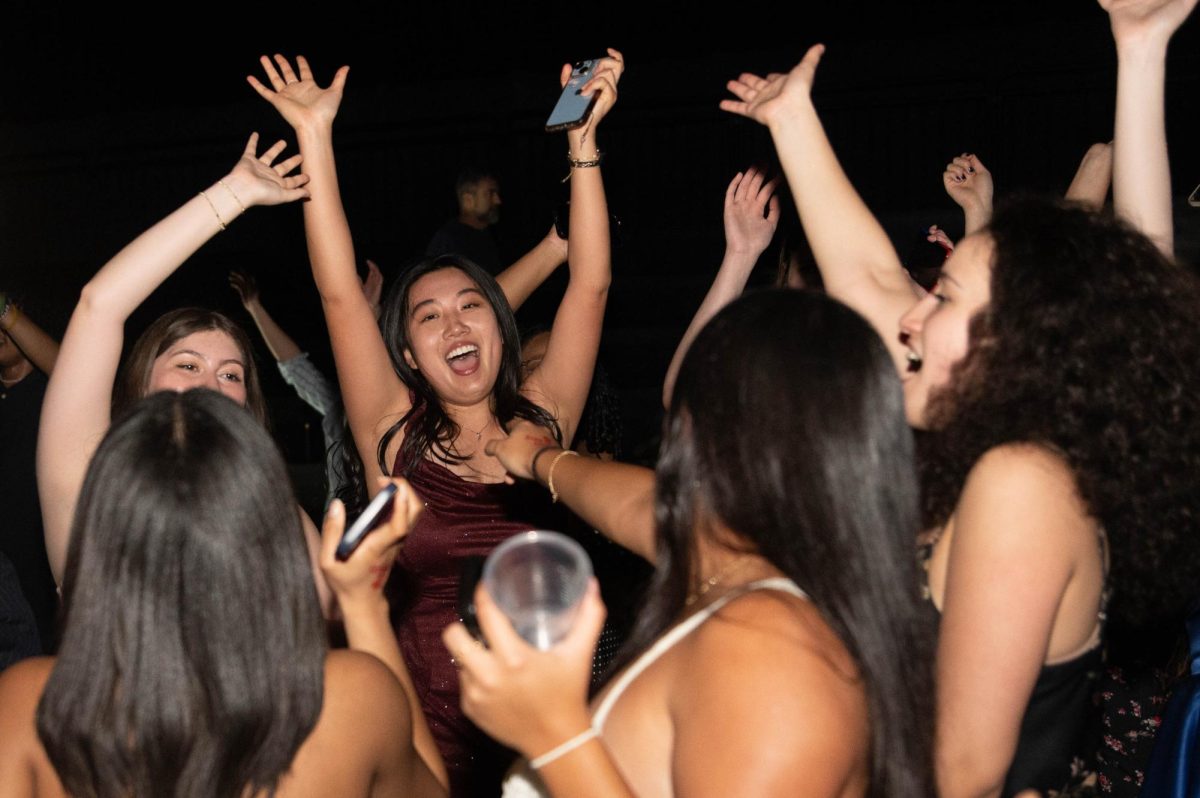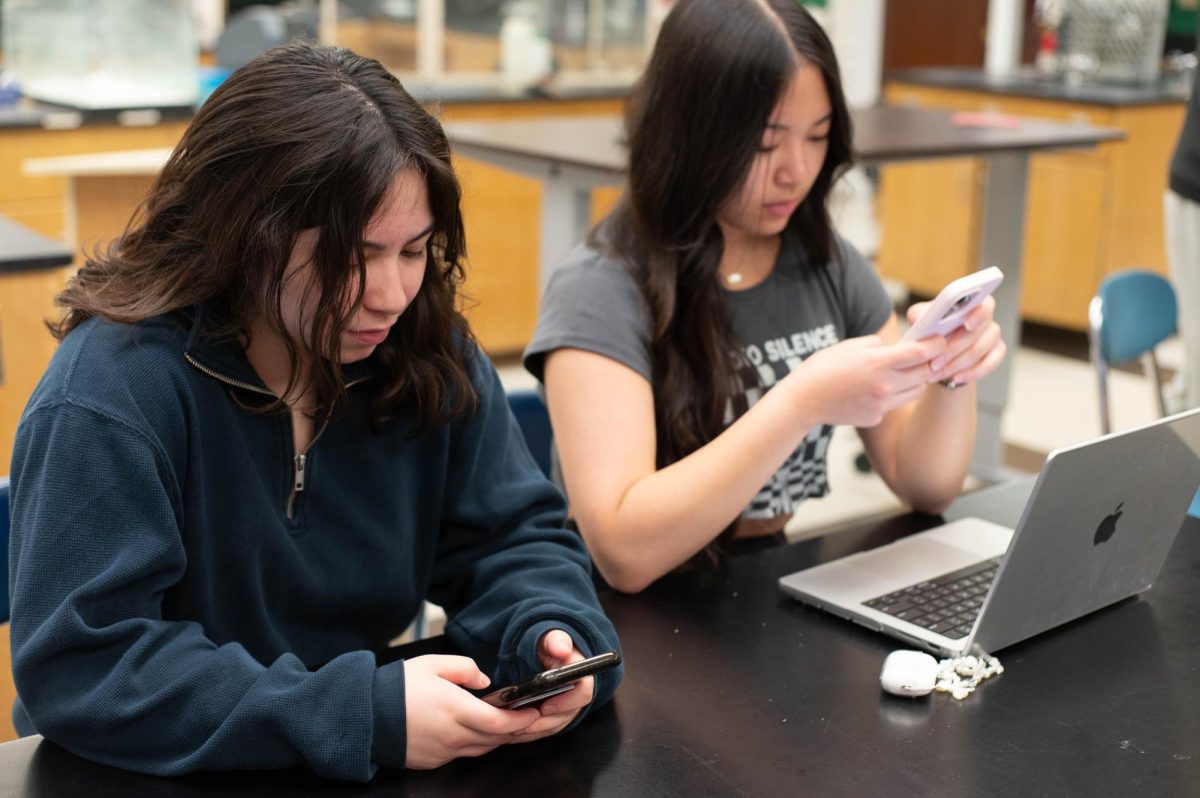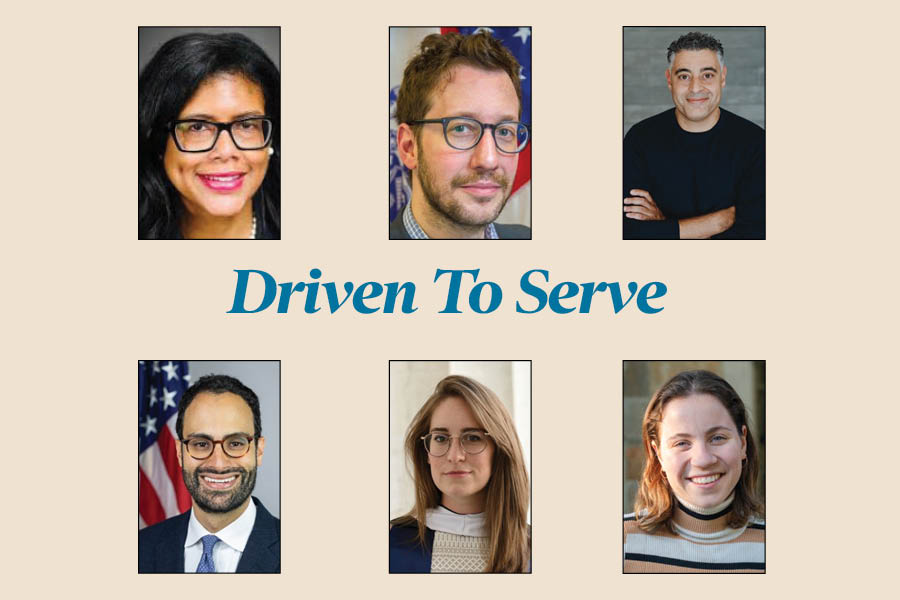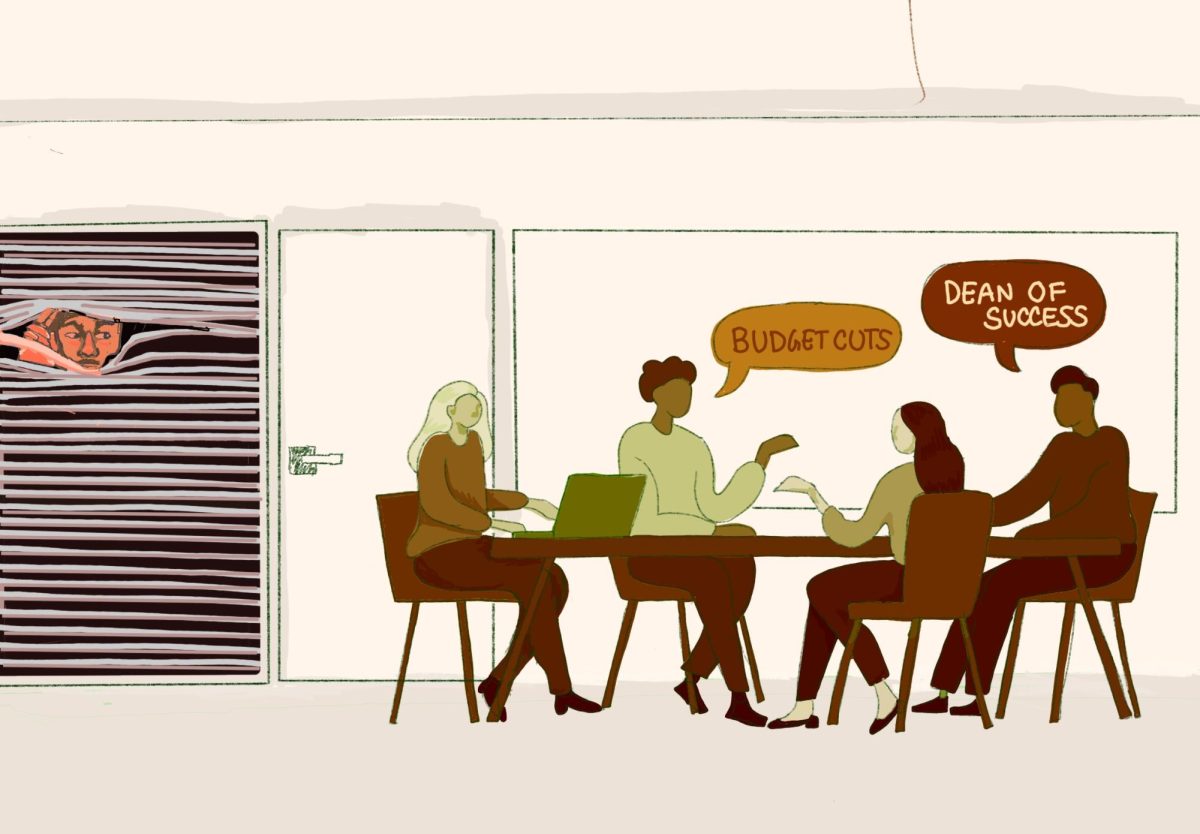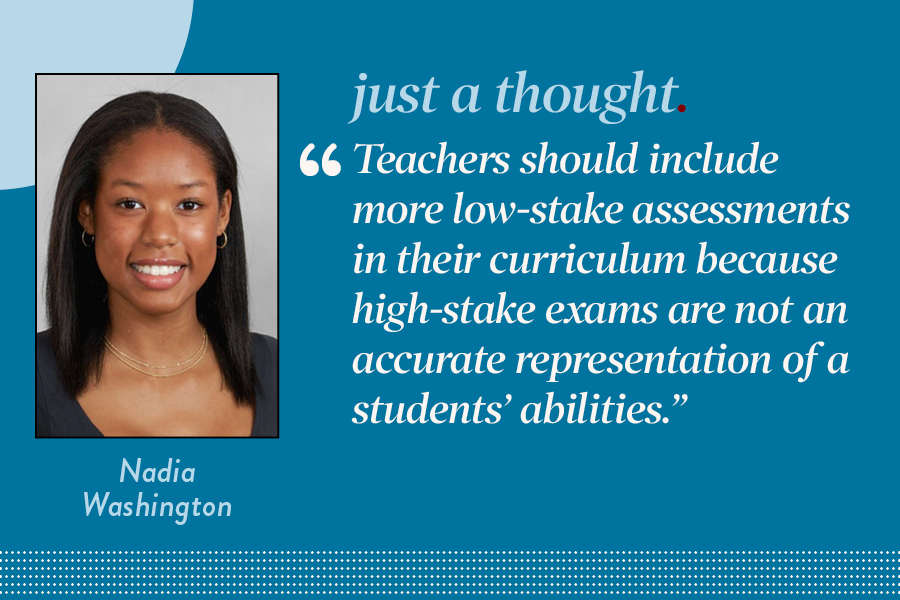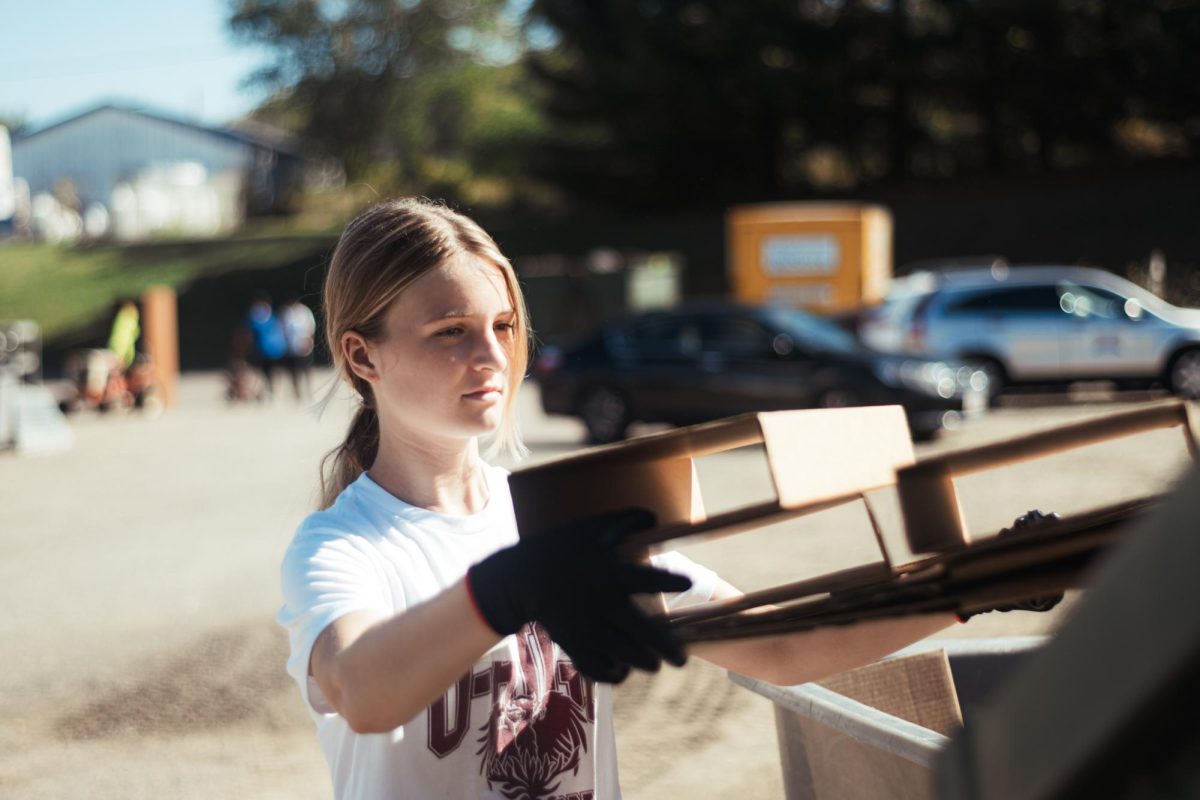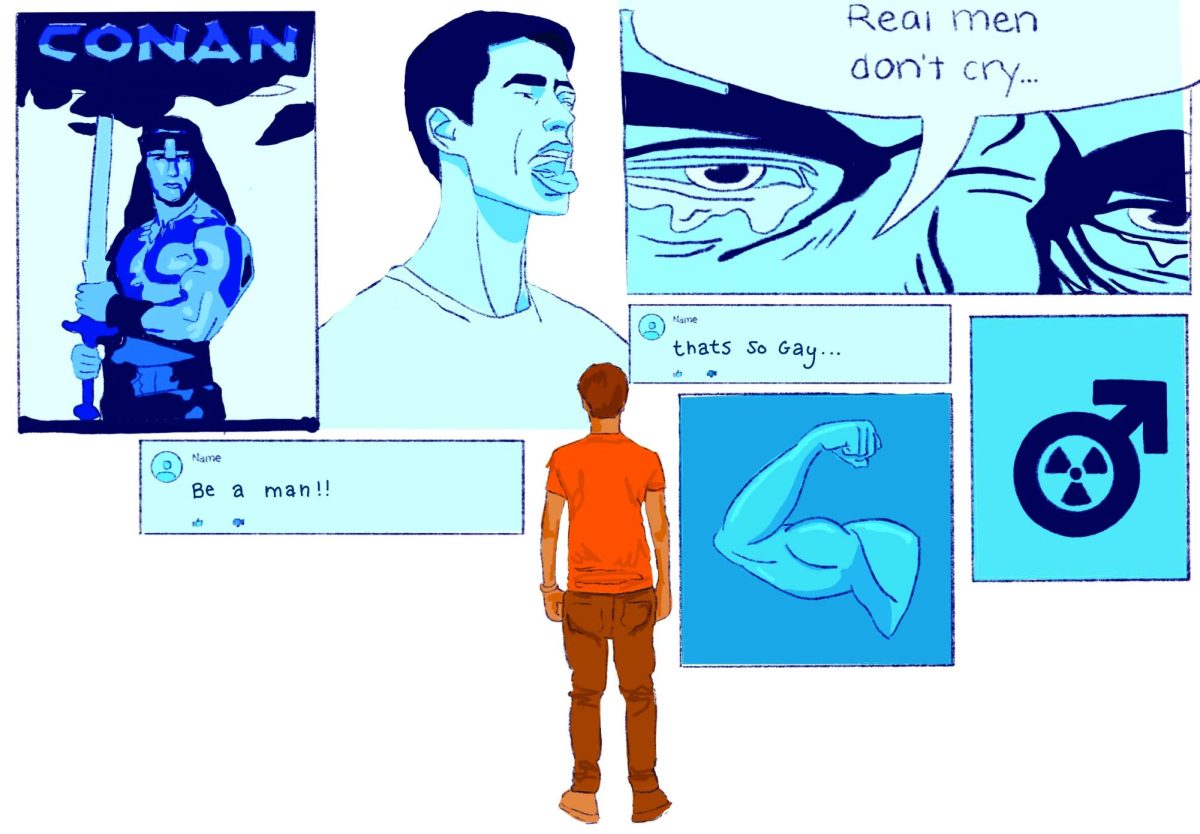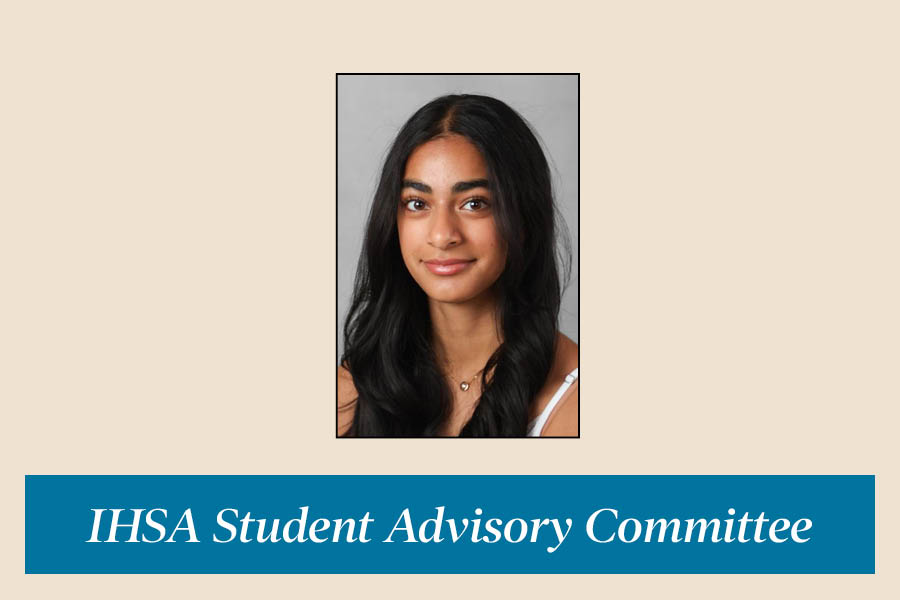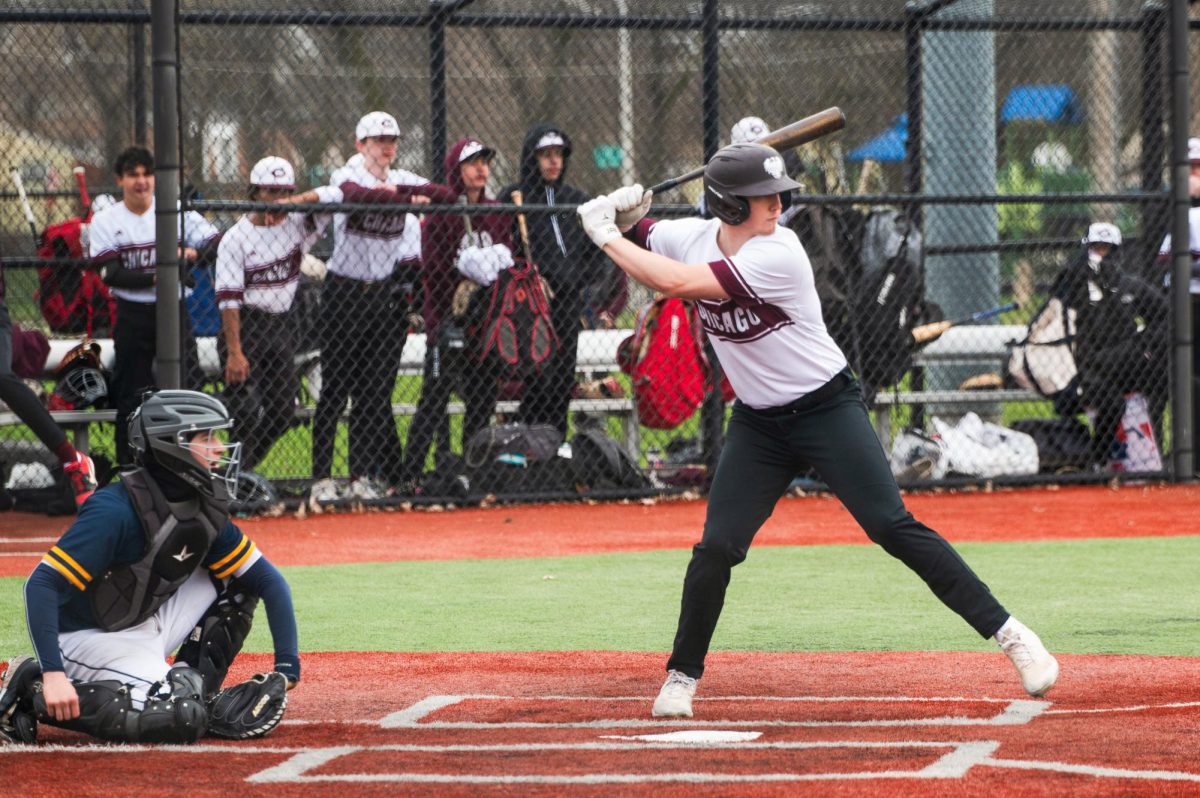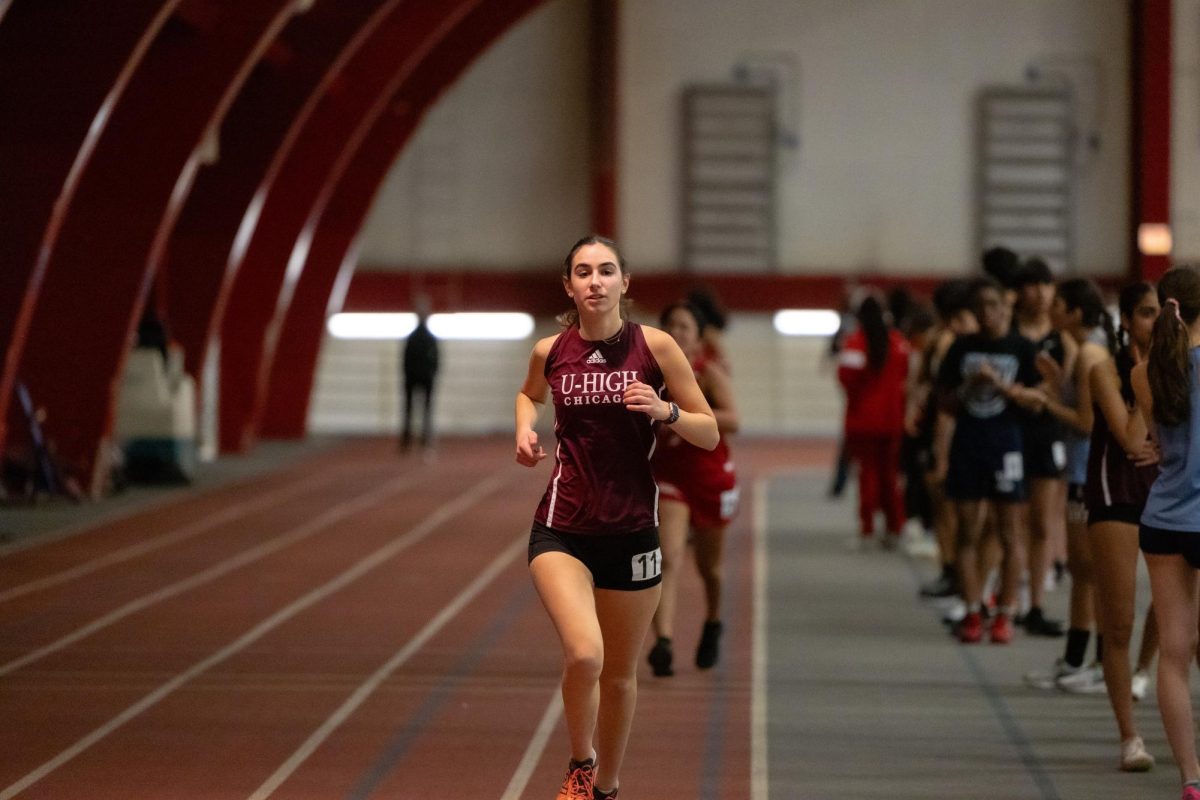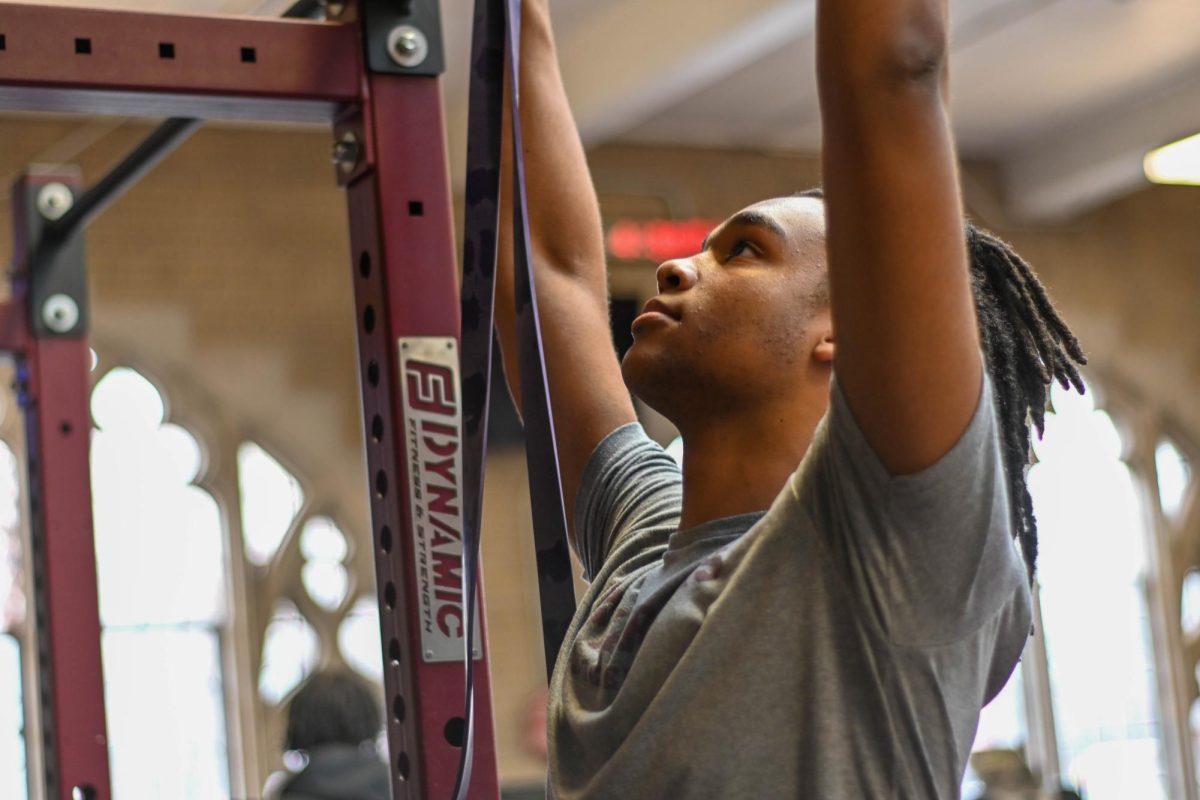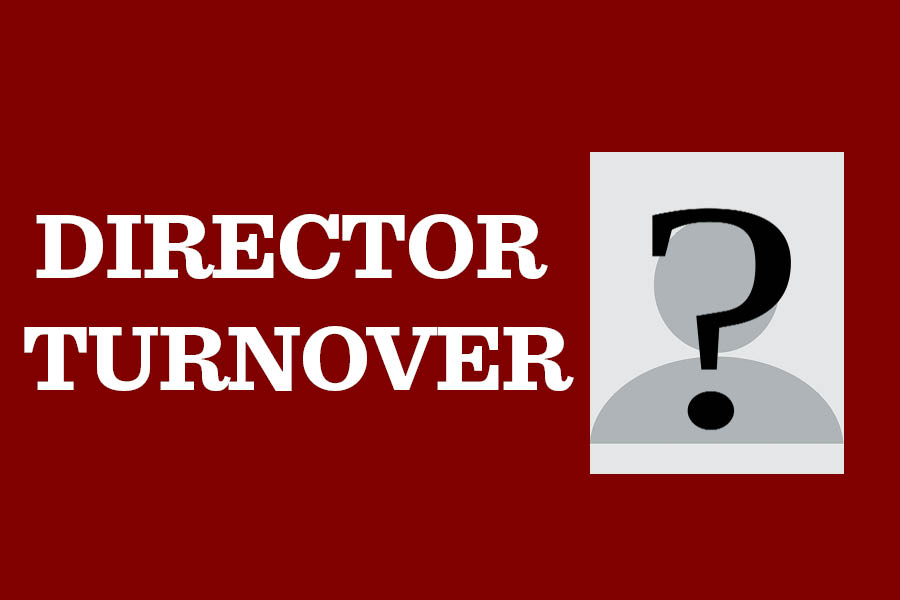Students need role in directorial decision
Lab has had 3 different directors in 6 years. It’s time for someone permanent.
May 29, 2020
As the Midway sees it…
Here we are again. In less than six years, three directors of schools have come and gone. Lab has found itself with an interim director and searching for someone permanent. As the selection process proceeds, students must advocate for themselves to find a candidate who will work well with the unique community that is Lab.
Over the last few years, from a student’s perspective, trust between the director of schools and faculty has been severely lacking. From the Bobo-Jones arbitration process to votes of no-confidence, almost wherever students looked, there was division between faculty members and the director. Without an example of trust between adults and the director, students had their own divide with the former director.
If Lab is to improve, the new director must earn back the trust of the student body and the faculty. To restore and rebuild that trust, we as students need our voices to be heard. We need the director to advocate for our needs. We need to know that the director consistently has our best interests at heart.
The new director must spend time interacting with the community and listening to the many voices throughout each of the schools. More importantly, though, is that students voice their concerns and hopes to the director. To find someone who works well with students and will be able to establish a trusting and positive relationship, students must be an active part of the selection process, which will begin soon.
The director of schools also serves as a bridge between Lab and the University of Chicago, making the director a primary advocate for Lab. In this role, we need to know the director is being more than just a politician and is advocating for more than fundraising and expansion. We need to know the director is advocating for our actual needs.
We also need a director who is genuinely interested in improving our community — a community which has a long way to go. Just in the last year, U-High has seen multiple incidents of racism. Wellness data has shown that a significant portion of the student body is and has been experiencing serious mental health issues. Lab is turned upside down due to remote learning. Solving these issues will be daunting and difficult tasks for whoever takes the role director of schools long-term.
Nonetheless, the director still must approach these issues in a way that makes it clear that these issues are being seriously addressed, not, for example, simply putting up posters encouraging positive behavior.
As the new director approaches these issues, they must be engaged and interested in hearing from students because without them the task will be close to impossible. Students can share their experiences and problems firsthand, bringing unique perspectives and ideas to the table. If students are not included in developing solutions to the problems they are experiencing, there’s little point in attempting to solve them in the first place.
These problems — and the many others that plague the Lab community — will not be solved overnight. Nor will they be solved in the upcoming months or even years. The new director must be here to stay. Lab cannot be a springboard to a more enticing job. The substantial changes we need to see demand someone dedicated to the Lab community for a significant period of time.
Whoever the new director of schools is, to make a significant and positive impact on Lab, they will need a trusting community rallied behind them and the best way to ensure this is to give students a meaningful place in the selection process.




